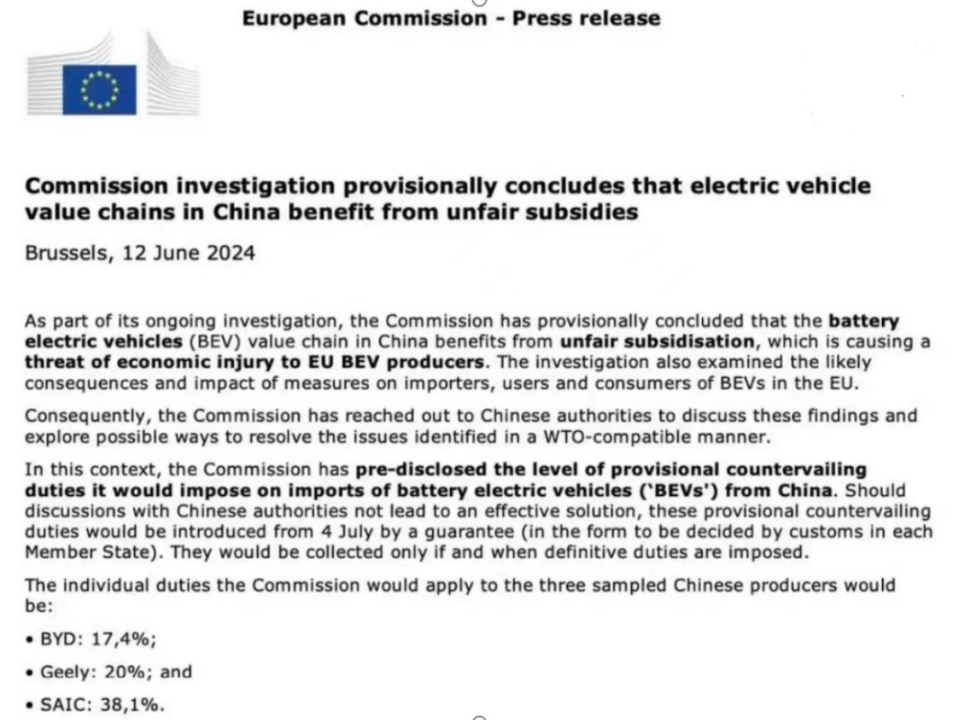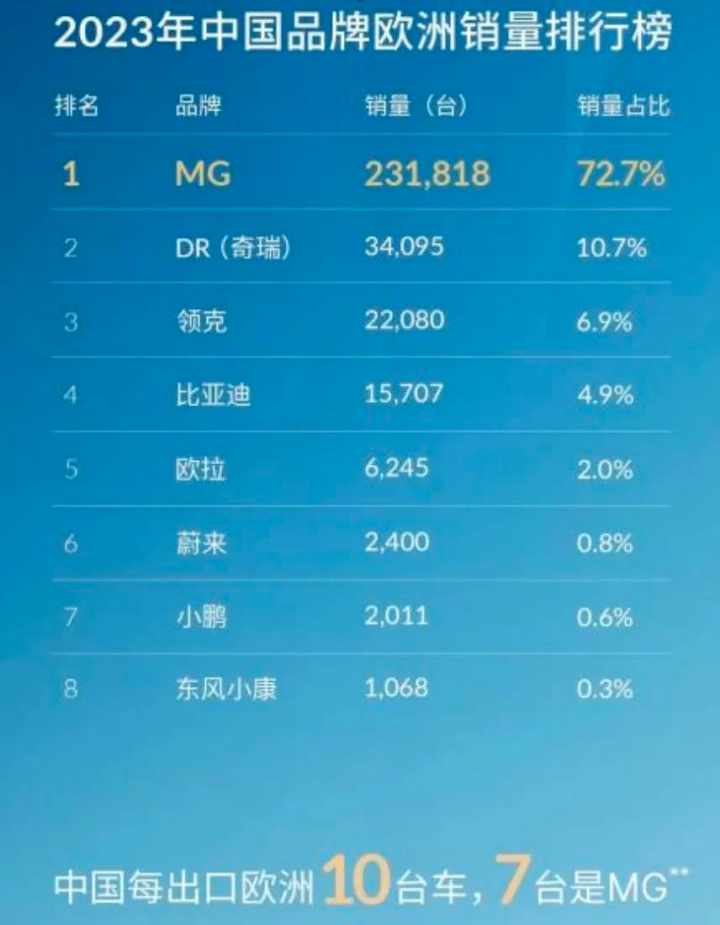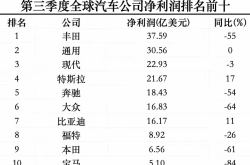Behind the EU's "Sanctions" on SAIC: What's the Conspiracy?
![]() 06/19 2024
06/19 2024
![]() 575
575
"Nowadays, it's too common to see Chinese cars in Europe. Chinese cars, especially electric vehicles, are very popular in European regions and have already formed a certain scale," admitted Li Da, a Chinese living in Europe, during an interview. However, it is precisely because of the tremendous progress of Chinese cars in Europe that it has attracted the "attention" of the EU authorities.
On June 12 local time, the European Commission issued a statement announcing its intention to impose temporary countervailing duties on electric vehicles imported from China from July 4, with tariffs of 17.4%, 20%, and 38.1% imposed on BYD, Geely Automobile, and SAIC Motor respectively.
It is important to note that the current normal tariff rate for passenger cars in the EU is 10%. This means that SAIC Motor faces a tariff rate increase to a maximum of 48.1%, receiving the "highest" tariff imposed by the EU.

Nothing more than selling too well
In the fierce competition of the global automotive industry, SAIC Motor, as a leader in China's automotive industry, has been leading the development of China's automotive industry with its outstanding performance and forward-looking strategic layout.
Data shows that in 2023, overseas sales of Chinese car companies reached 4.68 million vehicles, with SAIC Motor ranking first with 1.2 million vehicles exported. In the European market, the number of Chinese car brands registered reached 323,000, with a year-on-year increase of 79% and a market share of 2.5%. Among them, SAIC MG registered over 230,000 vehicles, accounting for nearly 72%, while Geely registered 22,000 vehicles and BYD registered 16,000 vehicles.
To some extent, the EU's sanctions are aimed specifically at SAIC MG. Statistics show that in 2023, the MG brand achieved 231,818 terminal deliveries in the European market, maintaining its position as the champion in European sales of Chinese car brands for the twelfth consecutive year. Among them, the MG4 EV won the championship in European compact pure electric vehicle sales and won numerous annual car awards in major automotive countries such as the UK, France, and Germany.
In contrast, Geely and BYD, which rank second and third in European exports, have also been imposed tariffs of 20% and 17.4% respectively, but the impact on them is much smaller.

It is worth noting that BYD has planned to build factories in European countries such as Hungary, while Geely has directly acquired European car brands such as Volvo, Polestar, and Smart. In other words, when faced with the European Commission's imposition of tariffs on electric vehicles, BYD and Geely can reduce losses by directly producing electric vehicles locally in Europe.
It is important to note that in the EU's announcement, there is another crucial piece of information: "The specific tariff rate depends on the extent to which companies cooperate with European officials' investigations." The reason for imposing a tariff rate of up to 38.1% is that SAIC has failed to cooperate with the EU's investigation, thus being "specially targeted".
In response, insiders from SAIC Motor said that this is completely fabricated and misinterpreted. SAIC actively cooperated to provide relevant materials, but the scope of the EU's investigation has seriously exceeded the scope related to the countervailing investigation. For example, SAIC was required to provide detailed core technologies related to the three electric aspects of its self-owned brand electric vehicles, as well as information on joint ventures such as SAIC Volkswagen that do not export electric vehicles to Europe.








